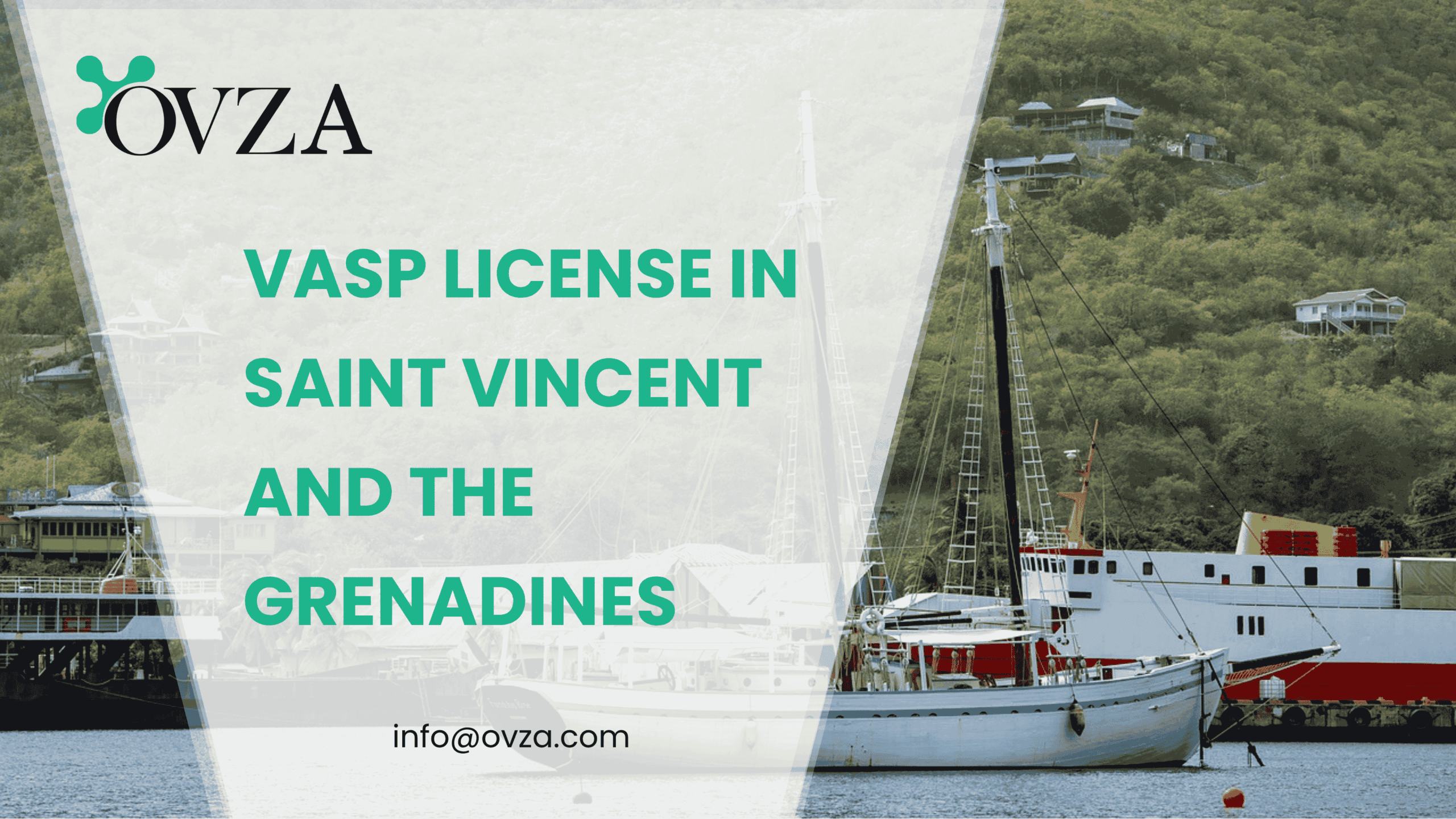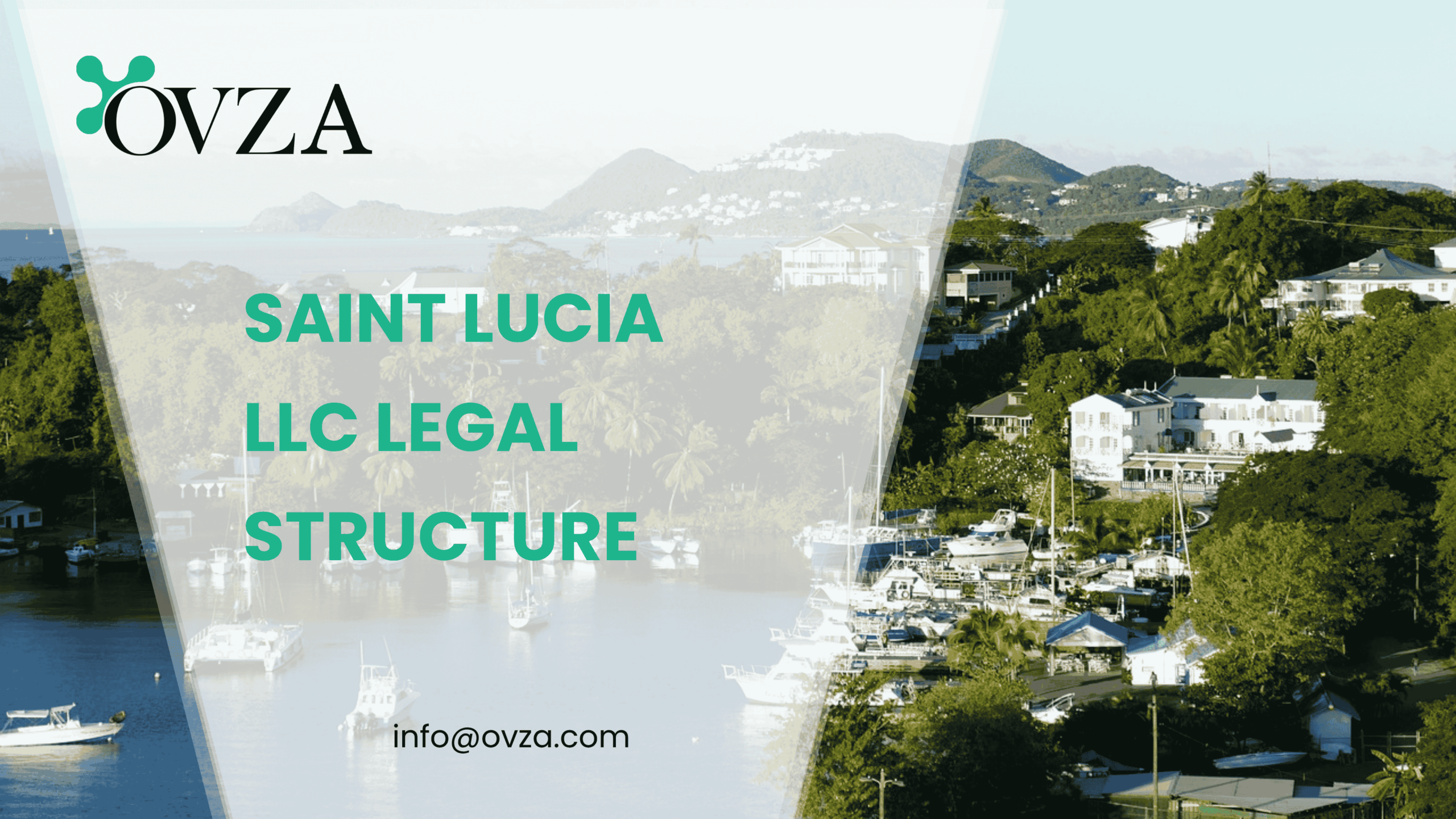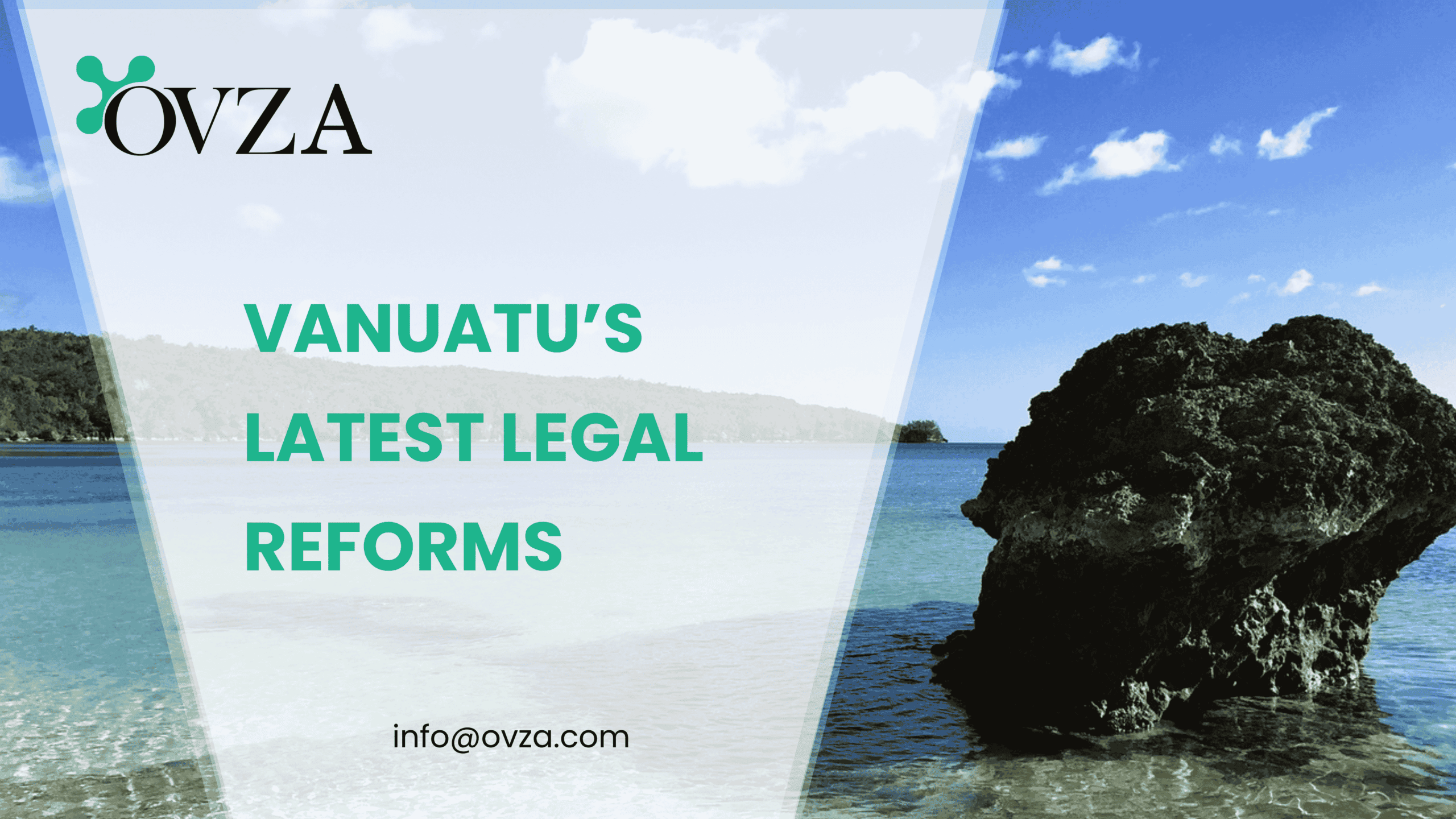Notarization in offshore company formation is required for KYC, ensuring every shareholder provides proof of identity and proof of address.
Incorporating an offshore company is not just about filing forms quickly, it is about meeting strict compliance standards that protect both the client and the jurisdiction. At the heart of this process lies notarization in offshore company formation, the step that confirms the authenticity of ownership documents. Without it, no offshore company can legally be registered.
Why is Notarization Required for Incorporation
To set up an offshore company, every shareholder and beneficial owner must submit two notarized documents: proof of identity (usually a passport) and proof of address (such as a recent utility bill or bank statement). These documents must be certified by a licensed notary public who confirms they are true copies of the originals. Once notarized, they become legally reliable evidence that satisfies the jurisdiction’s KYC and AML requirements.
This requirement is consistent across respected offshore jurisdictions, from St. Lucia to Seychelles, Antigua and Barbuda, and Belize. Registered agents cannot proceed with incorporation until these notarized documents are provided. The reason is simple: offshore agents are licensed and regulated, and failing to collect notarized KYC would put their own authorization at risk.
For clients, this means notarization is not an administrative obstacle but the foundation of credibility. Banks, EMIs, and regulators will only work with companies that have been formed with proper notarized KYC. In this way, notarization in offshore company formation is both a legal requirement and a commercial necessity.
Why Notarization is Central to KYC Compliance
The question often asked is not just what is notarization, but why it matters so much in offshore company formation. The answer lies in KYC compliance for offshore companies, a framework designed to ensure transparency and protect jurisdictions from misuse.
Every reputable offshore jurisdiction requires registered agents to perform due diligence on their clients. Notarization provides the assurance that identity and address documents are genuine, which is vital in preventing fraud, money laundering, or the concealment of ownership.
By submitting notarized proof of identity and proof of address, clients give their offshore company a stronger foundation. Banks and electronic money institutions are more comfortable onboarding a business when its compliance file begins with properly notarized documents. Without this, applications for accounts or merchant services are often delayed, rejected, or flagged for further review.
The Commercial Importance of Notarization
Notarization in offshore company formation is not just a legal safeguard; it is a commercial advantage. An offshore company whose shareholders have provided notarized KYC is far more likely to be seen as credible by international counterparties. For example, a St. Lucia IBC with a clean notarized compliance file will have smoother access to financial services than a company that relies on uncertified or poorly prepared documents.
In effect, notarization reduces friction at every stage of the company’s lifecycle. From incorporation to account opening, and later when applying for licenses or entering into contracts, notarized KYC signals that the business has been structured responsibly. For clients who want their offshore company to operate internationally, this credibility is essential.
KYC Requirements for Offshore Company Formation
Every offshore jurisdiction requires a minimum KYC package before incorporation can take place. At its core, this always includes a notarized proof of identity (such as a passport) and a notarized proof of address (such as a recent utility bill, bank statement, or government-issued residence confirmation). These documents form the foundation of the compliance file and must be provided for every shareholder and beneficial owner.
Some jurisdictions, however, have additional requirements. In particular, Antigua & Barbuda, St. Kitts & Nevis, and St. Vincent & the Grenadines require a professional reference letter in addition to the standard notarized documents. This reflects their more traditional compliance approach, where references from a lawyer, accountant, or established bank are used to support the onboarding process.
Below is a summary of the KYC requirements for each supported jurisdiction:
| Jurisdiction | Proof of Identity (Passport) | Proof of Address | Professional Reference Letter |
| Anguilla | Notarized copy required | Notarized copy required | Not required |
| Antigua & Barbuda | Notarized copy required | Notarized copy required | Required |
| Bahamas | Notarized copy required | Notarized copy required | Not required |
| Belize | Notarized copy required | Notarized copy required | Not required |
| British Virgin Islands (BVI) | Notarized copy required | Notarized copy required | Not required |
| Cayman Islands | Notarized copy required | Notarized copy required | Not required |
| St. Kitts & Nevis | Notarized copy required | Notarized copy required | Required |
| St. Lucia | Notarized copy required | Notarized copy required | Not required |
| St. Vincent & the Grenadines | Notarized copy required | Notarized copy required | Required |
| Marshall Islands | Notarized copy required | Notarized copy required | Not required |
| Samoa | Notarized copy required | Notarized copy required | Not required |
| Vanuatu | Notarized copy required | Notarized copy required | Not required |
| Seychelles | Notarized copy required | Notarized copy required | Not required |
OVZA’s Exclusive Notary Solution
While these requirements may appear straightforward, many clients face delays because of unclear documents, outdated proofs of address, or difficulty finding a notary familiar with international certification standards. To avoid these issues, OVZA offers a fully digital solution.
Through our online notary network, clients can notarize their documents in English within 5 minutes, available 24/7 from anywhere in the world. The fee is USD 250 per shareholder, covering both the proof of identity and proof of address together. This streamlined option ensures your compliance file is accepted without delays, giving you a fast and reliable path to incorporation.
At OVZA, our goal is to make offshore company formation efficient, compliant, and stress-free. With transparent fees and a proven system, you can proceed confidently knowing that your documentation meets the highest standards.
Conclusion
Notarization in offshore company formation is more than a requirement, it is the key to credibility, compliance, and smooth access to banking. By ensuring your proof of identity and proof of address are notarized correctly, you set your company on the right course from day one.
In today’s regulatory environment, KYC compliance for offshore companies begins and ends with notarization, making it the most important step in building trust with agents, regulators, and financial institutions. For clients asking what is notarization in practice, the answer is simple: it is the safeguard that ensures your offshore company will be respected and accepted worldwide.
Disclaimer: The information provided on this website is intended for general reference and educational purposes only. While OVZA makes every effort to ensure accuracy and timeliness, the content should not be considered legal, financial, or tax advice.













